In June 1995, two 6-year-old girls disappeared from their home in Grâce-Hollogne, Belgium. With no witnesses or leads, the police were unable to make progress. Similarly, in August 1995, two teenage girls vanished from Osten, Belgium, with little connection between the cases initially. However, when a young girl went missing in August 1996, witness descriptions eventually pointed the investigation towards Marc Dutroux. His arrest uncovered a troubling case that spanned years. Peacock’s episode of ‘World’s Most Notorious Killers’ titled ‘The Monster of Belgium’ delves into Marc’s crimes and the subsequent investigation into his alleged links with a more extensive child trafficking network in Belgium.
Marc Dutroux Was Released From Prison Despite Warnings From a Psychiatrist
Marc Paul Alain Dutroux was born on November 6, 1956, to Victor Dutroux and Jeanine Lauwens. He was the eldest of five children in a middle-class family, with his father working as a teacher. They initially lived in Burundi, but after the country’s independence in the mid-1960s, they relocated to the small village of Obaix in Belgium. Following a period of stability, Marc’s parents separated, and his mother raised him and his siblings. Facing the pressures of providing for his family, Marc began working as an electrician after finishing school.
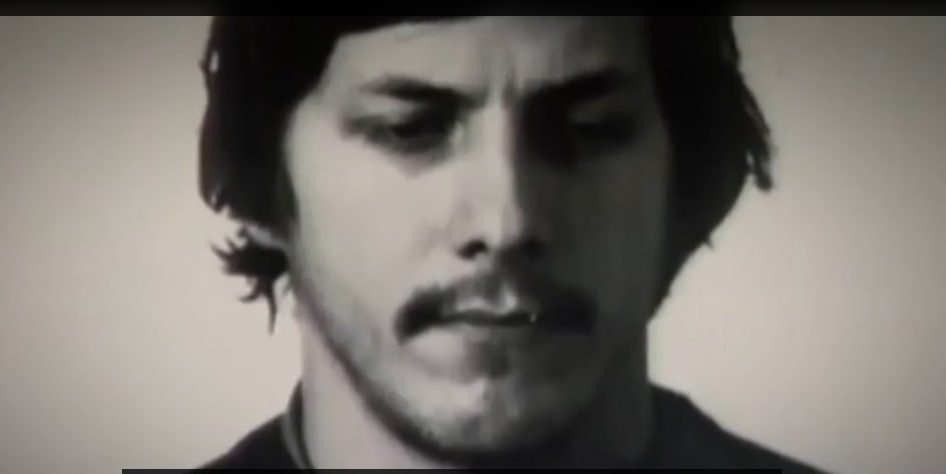
In 1976, Marc married Françoise Dubois, and the couple had two children together. However, their relationship deteriorated, with his allegedly abusive behavior contributing to their divorce in 1983, after which Françoise retained custody of their children. Marc’s legal troubles began in 1979 when he was working as a scrap dealer and was involved in stealing and selling car parts. His criminal activities led to convictions for theft and other minor offenses. From 1985 to 1989, Marc abducted and assaulted five girls. In April 1989, he was convicted and sentenced to 13 and a half years in prison.
In April 1992, Marc appealed for an early release from prison, which was granted due to his good behavior while incarcerated. Despite recommendations from the public prosecutor and a psychiatrist that he was not mentally stable enough to be released and could pose a danger to society, his appeal was approved. During his time in prison, he had also received public assistance of $1,200 due to his mental health issues. Following his release, he became a suspect in two separate abductions across the country, but insufficient evidence prevented his involvement from being confirmed.
The Remains of Four Girls and a Man Were Recovered from Marc’s Homes
In August 1996, the abduction of 14-year-old Laetitia Delhez from Bertrix, Belgium, marked a turning point. A witness had seen a red truck and remembered the first four digits of its license plate, which they provided to the police. This led the authorities to a list of vehicle owners, and Marc Dutroux’s name emerged. On August 13, 1996, Marc was arrested along with his wife, Michelle Martin, and his accomplice, Michel Lelièvre. During questioning, Marc initially hesitated but eventually led the police to his house in Sars-la-Buissière, Belgium. There, they discovered a dungeon he had constructed in his basement, where Laetitia was found along with 12-year-old Sabine Dardenne, who had been abducted in May 1996.
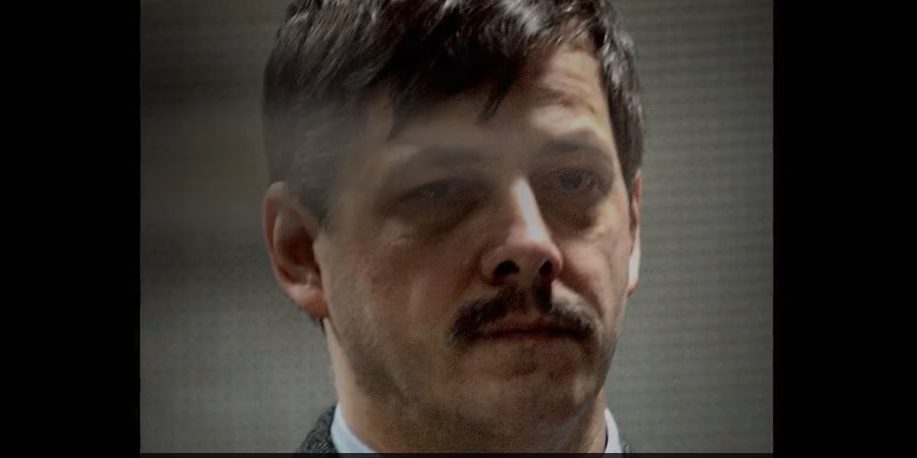
The police, working with Marc to locate the other missing children, were led by him on August 17, 1996, to his property in Sars-la-Buissière. There, they discovered the remains of 8-year-old Julie Lejeune and Mélissa Russo. The cause of their deaths was determined to be starvation. Marc claimed that the girls had died in March 1996. He had abducted them on June 24, 1995, and kept them hidden in the basement, asserting that he did so to prevent them from being sold into a trafficking ring, which he considered more dangerous. Marc explained that during his imprisonment for theft, his wife, Martin, had neglected to feed the children.
In addition to the remains of the two girls, the police discovered the remains of a middle-aged man, whom Marc identified as Bernard Weinstein. The autopsy revealed that Weinstein had been buried alive. Marc admitted to this crime, explaining that it was the result of a conflict with his accomplice. By this point, he also confessed to abducting 17-year-old An Marchal and 19-year-old Eefje Lambrecks in August 1995. Their bodies were later found in a shed owned by Weinstein, and the coroner’s report concluded that they had been burnt alive.
The Public Questioned the Competency of the Police After Marc’s Arrest
In his confessions, Marc Dutroux revealed that one of his accomplices was Michel Nihoul, a prominent Belgian businessman with connections to many high-ranking officials. Marc’s admissions sparked public outrage, leading many to suspect he was part of a larger trafficking ring involving influential people. Critics also condemned the investigation leading up to his arrest, noting that the police had visited his home and heard suspicious noises but failed to investigate further. Many people alleged that Marc had connections trying to protect their name by shielding him from intense scrutiny.
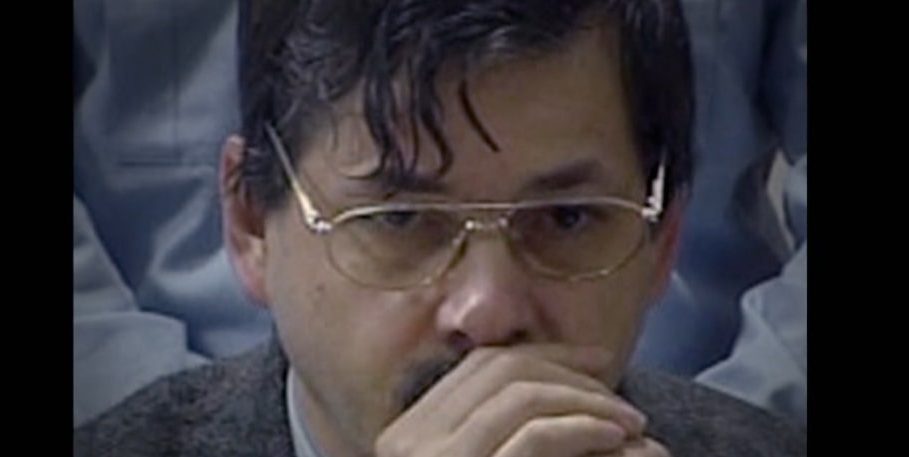
The controversies surrounding Marc’s case continued to escalate, leading to the formation of a committee in October 1996 to investigate the police and administrative failures related to his arrest. While the committee criticized the investigation into the missing girls, it did not find evidence linking Marc to other gangs or influential figures who might have been protecting him. In April 1998, while being transported to a courthouse to review his case files, Marc managed to escape. He was recaptured just four hours later, but his escape caused significant public outrage and further fueled the controversy surrounding the case.
Marc Dutroux is Serving a Life Sentence Today
After significant unrest, Marc Dutroux’s trial commenced on March 1, 2004. He faced charges including the murders of An Marchal, Eefje Lambrecks, and Bernard Weinstein, as well as other crimes such as theft, molestation, abduction, attempted murder, and the rape of three women in Slovakia. Alongside him, his wife, Michelle Martin, Michel Lelièvre, and Michel Nihoul were also tried as accomplices. During the trial, Marc testified, portraying himself as a minor player in a more extensive network. He admitted to some of the crimes, provided explanations for others, and claimed that he had created the dungeon to protect young girls from falling into the hands of more dangerous individuals.
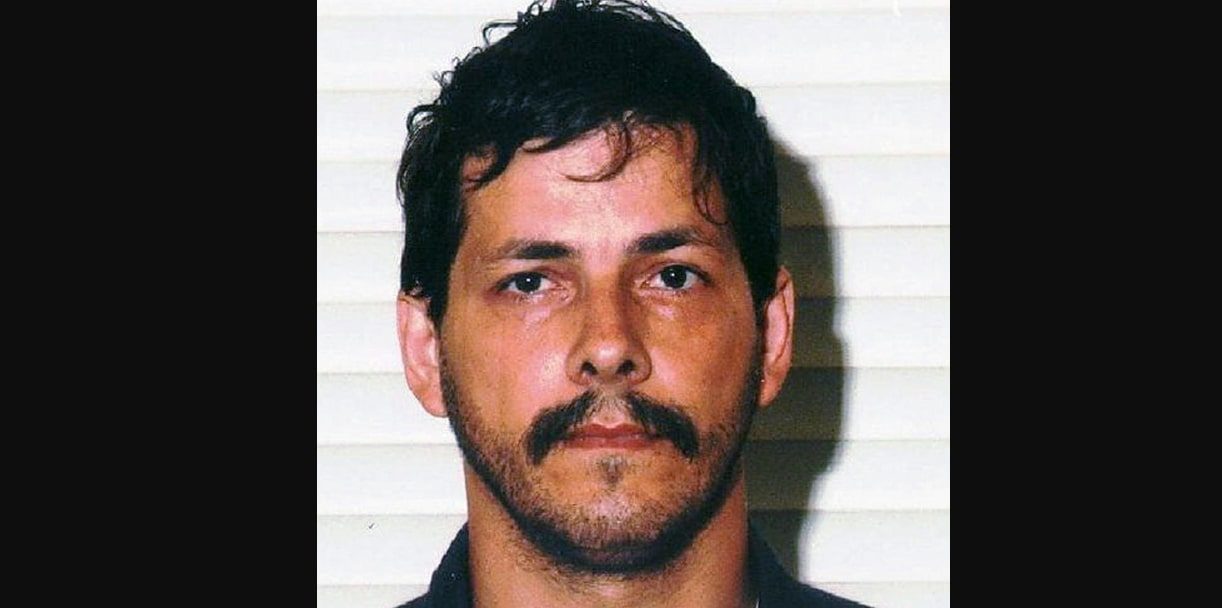
Marc was found guilty on all charges after three months of presenting evidence and witnesses. On June 22, 2004, he was sentenced to life imprisonment without the possibility of parole. Considered a significant threat to society, he has been held in solitary confinement. In 2013, his lawyer sought conditional release, but the request was denied. In 2019, the court allowed for a new psychiatric evaluation, requiring a panel of three psychiatrists to agree that he was no longer a danger to society before reconsidering his sentence and the possibility of parole. Despite several attempts, these requests have been rejected. His lawyer stated in January 2024 that another attempt would be made. The 67-year-old has been held at the Prison of Nivelles since his arrest.
Read More: Rose West: Where is the Serial Killer Now?

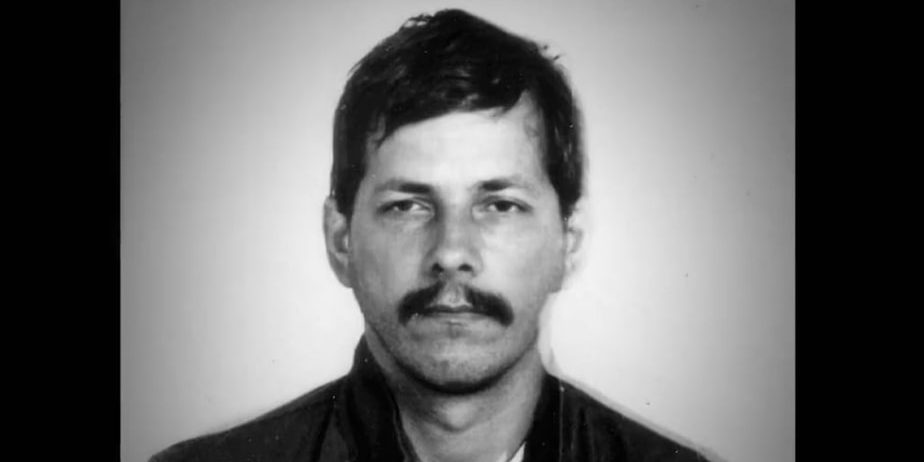
You must be logged in to post a comment.